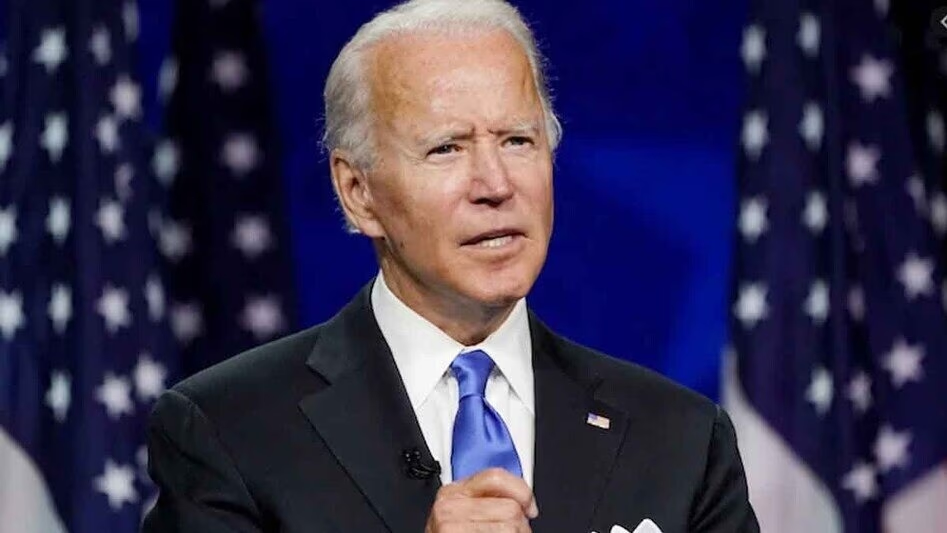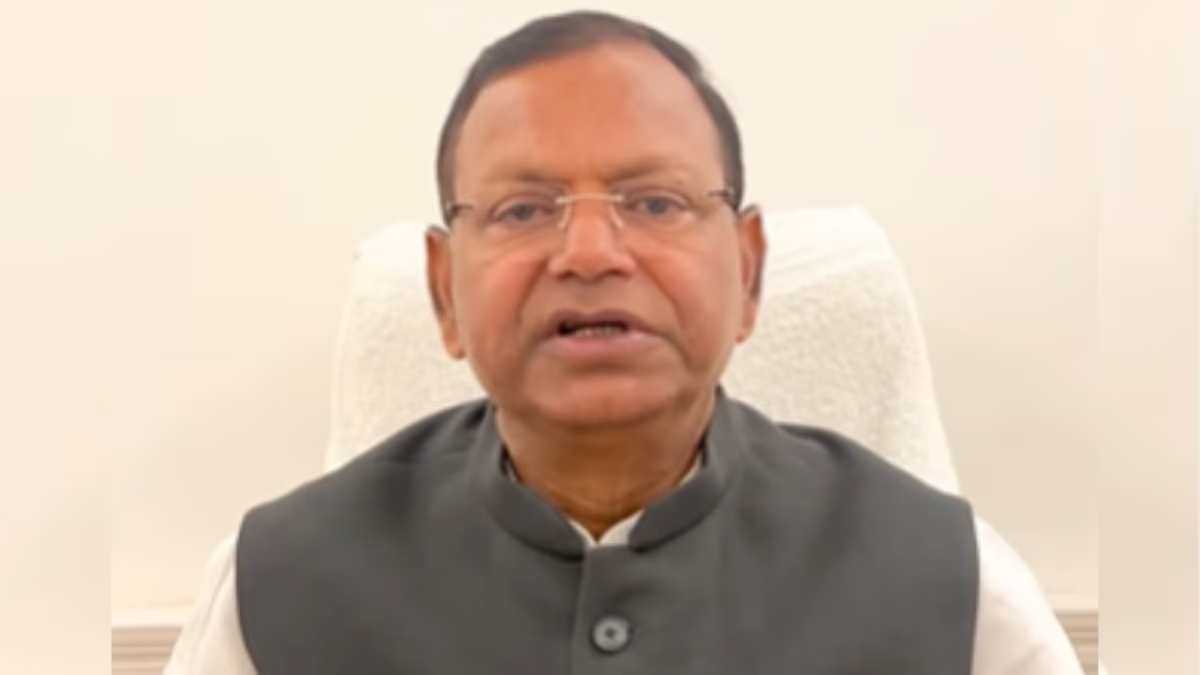The U.S. President, Joe Biden, has used his presidential powers to pardon his son, reducing his sentence in several cases. This raises questions about the extent of power that enables a president to pardon or reduce the sentence of those accused of serious crimes.
Under Article 2, Clause 2 of the U.S. Constitution, the President is vested with the power to pardon or reduce the sentence of any person convicted of a crime. This authority allows them to offer clemency in special circumstances. President Biden exercised this power in granting clemency to his son, Hunter.
This constitutional provision helps the President balance judicial independence. For instance, if an individual is convicted in a federal court, the President can reduce or pardon their sentence. This capability offers the President a chance to correct judicial wrongs and display mercy.
Throughout American history, numerous presidents have wielded this special power. Former President Gerald Ford famously pardoned Richard Nixon in the aftermath of the Watergate scandal.
This situation also prompts the question of whether newly elected President Trump could reverse Biden's decision. The answer is no. No new president can annul an official order issued by a previous president. The Constitution does not permit this.
President Biden previously pardoned his son Hunter, saying, "Today, I have pardoned my son, Hunter. Since assuming the presidency, I have pledged not to intervene in Justice Department decisions, a promise I have kept. However, I observed that my son was being unfairly targeted and subjected to politically motivated charges.”
Biden asserted that any reasonable person following Hunter's case would understand that he was intentionally targeted. Biden noted that he made this decision over the weekend, believing that the American public would comprehend why a father and president made such a choice.
President Biden's son, Hunter Biden, faced accusations including tax evasion, unlawful possession of firearms, misuse of government funds, and perjury.
Earlier, in Delaware court, Hunter acknowledged charges of tax evasion and illegal gun possession. Allegedly, he deliberately refrained from paying taxes. In 2017 and 2018, he failed to timely file tax returns exceeding $1.5 million, accruing more than $100,000 in back taxes for those two years.
He was also accused of illegal gun possession between October 12 and 23, 2018, during his drug addiction period. Hunter Biden has worked as a lobbyist lawyer and consultant for foreign companies. He is also an investment banker and artist.




